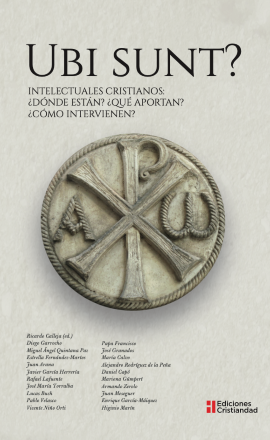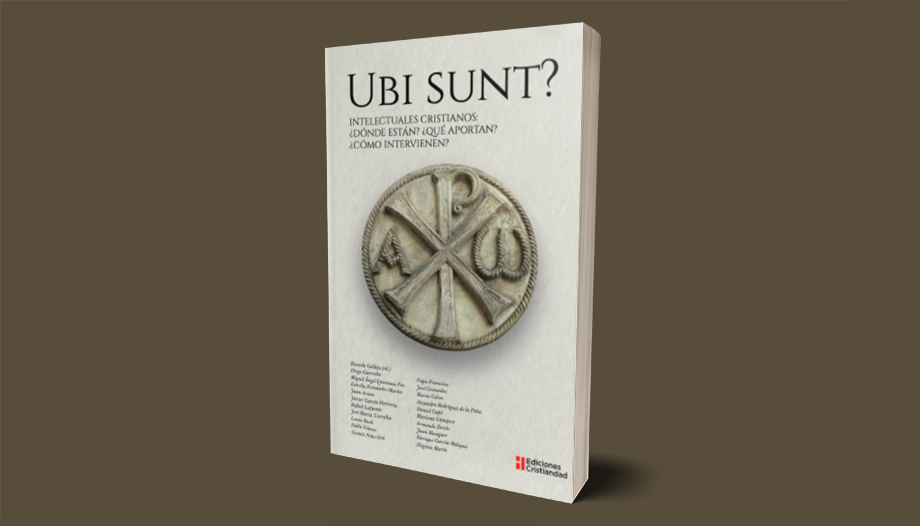In 2020, an article written by Diego Garrocho and published in the press triggered a debate on the role of intellectuals in public life that lasted more than two years. This text served as a catalyst for a conversation that involved multiple thinkers, voices and perspectives.
Now, this collective work, directed and coordinated by Ricardo Calleja, seeks to reactivate and enrich this relevant discussion. Many of the authors who contributed to the debate, as well as some new faces, write in its pages.
The discussion remains fully open, raising essential questions: Where are Christian voices in the public sphere today? Where should these voices emerge from? What issues should they address? Does Christianity have something specific and unique to contribute to contemporary public dialogue? Is there a need for a culture war to defend certain values? And, above all, how should these voices and their ideas be presented in the current context?
The chapters are diverse in length, tone and provenance, but all share a clear common thread: a common concern for the role of Christianity in contemporary culture and in shaping public opinion.
In an increasingly post-Christian global context, where traditional values are challenged and certainties are diluted, this work becomes a space for collective reflection that aims to find ways to make Christian ideas and principles more visible and relevant.
Ricardo Calleja, as editor, provides a well-articulated introduction that frames the context and the main concerns addressed in the book. In addition, he makes his own contributions, enriching the debate with personal analysis and approaches.
For those who followed the initial polemic originated by Garrocho's article, this book provides a unique opportunity to take stock, to calmly examine the different positions and to form a more rigorous opinion on the matter.
At the same time, the book has the potential to inspire those readers who have not yet engaged in such debates. In an increasingly secularized world, this presence is not only necessary, but urgent, and the book acts as an invitation to reflect and act.
Ubi Sunt? Christian intellectuals









